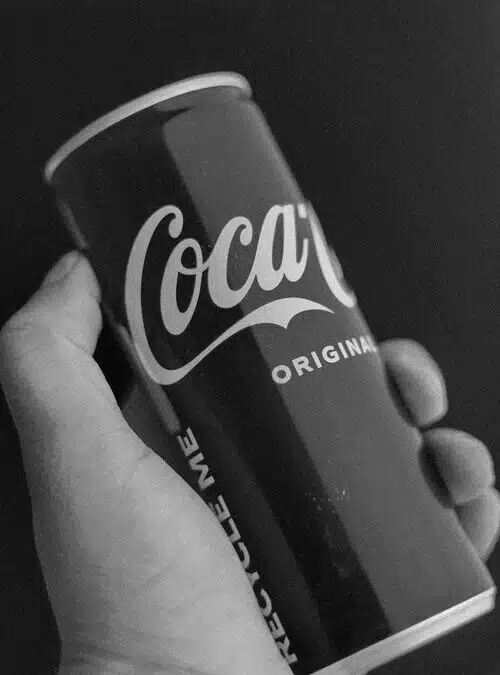Duration and renewal of a UK trade mark
A registered trademark can provide relatively long lasting protection, staying in place for ten years. However, the registration perod will come to an end, which can be worrying for companies that want to ensure they retain exclusive rights to their brand name.
Quite simply, trademarks can be renewed easily, for further periods of ten years, so potentially a registered trademark can be maintained indefinitely. This is, naturally, subject to the payment of renewal fees. Renewal can be completed either online or by post, at the company’s discretion and will cost £200 for the first class of goods or services the trademark is in and an additional £50 per extra class.
A company may also decide that they no longer feel the need to protect a certain good. It is possible to request renewal only for some of the classes involved in the original registered trademark.
Trademark renewal should be applied for within six months before the end date of the current registration. If this is not done, the company will be provided the opportunity to apply within six months after expiration, at the expense of having to pay a late renewal fee. Consequently, protection is temporarily absent, during a late renewal application, meaning the company may be vulnerable to provision of access for other companies to their brand, product or service. If a late renewal application is not completed within these six months then the registered trademark will be removed.
Restoration of an expired trademark
Despite encouragement from the Intellectual Property Office and UK Government to complete a trademark renewal before expiration, or failing this within six months after, it is still possible to restore a trademark if it expired within six and twelve months ago. This can be done by post, through a TM13 form, requesting to restore a trademark. This form must include a written statement from the applicant, explaining their reason as to why they were unable to renew on time.
Needless to say, this too will include a fee for the restoration application, on top of the first class and each subsequent class included in the trademark. Trademark renewal will be granted if the IPO are satisfied with the statement provided. This is usually if they are convinced that the delay in renewal was unintentional. If the written statement does not satisfy this requirement, the IPO may refuse the application. Alongside this, £100 of the fee paid will not be refunded to the applicant, although, they will likely be offered a hearing, in which you can justify your cause and argue for your expired trademark to be restored.
Surrendering a trademark
A company may decide that they no longer require a trademark, whether this is towards the beginning or end of the ten year period. Therefore, they are able to apply to surrender their trademark. Surrendering a trademark is relatively straight forward and can be cancelled at any time, partially or wholly.
The application is highly likely to be accepted, if the IPO are appropriately notified. It will be required that the proprietor provides indication that all involved in the trademark consented to the surrender. Surrendering cannot be completed until the trademark is fully registered, so if a company changes their mind after sending their application for a trademark they will have to wait until it is completely registered, before surrendering. However, if a company does change their mind, they can write a withdrawal application or apply to change the details of their application.
How can Carter Bond help you?
At Carter Bond, we have a dedicated intellectual property (IP) team, who can assist with all trade mark related matters. If your trade mark is coming up to expiry or you have an expired trade mark, which you want to extend protection for, please contact us at.

